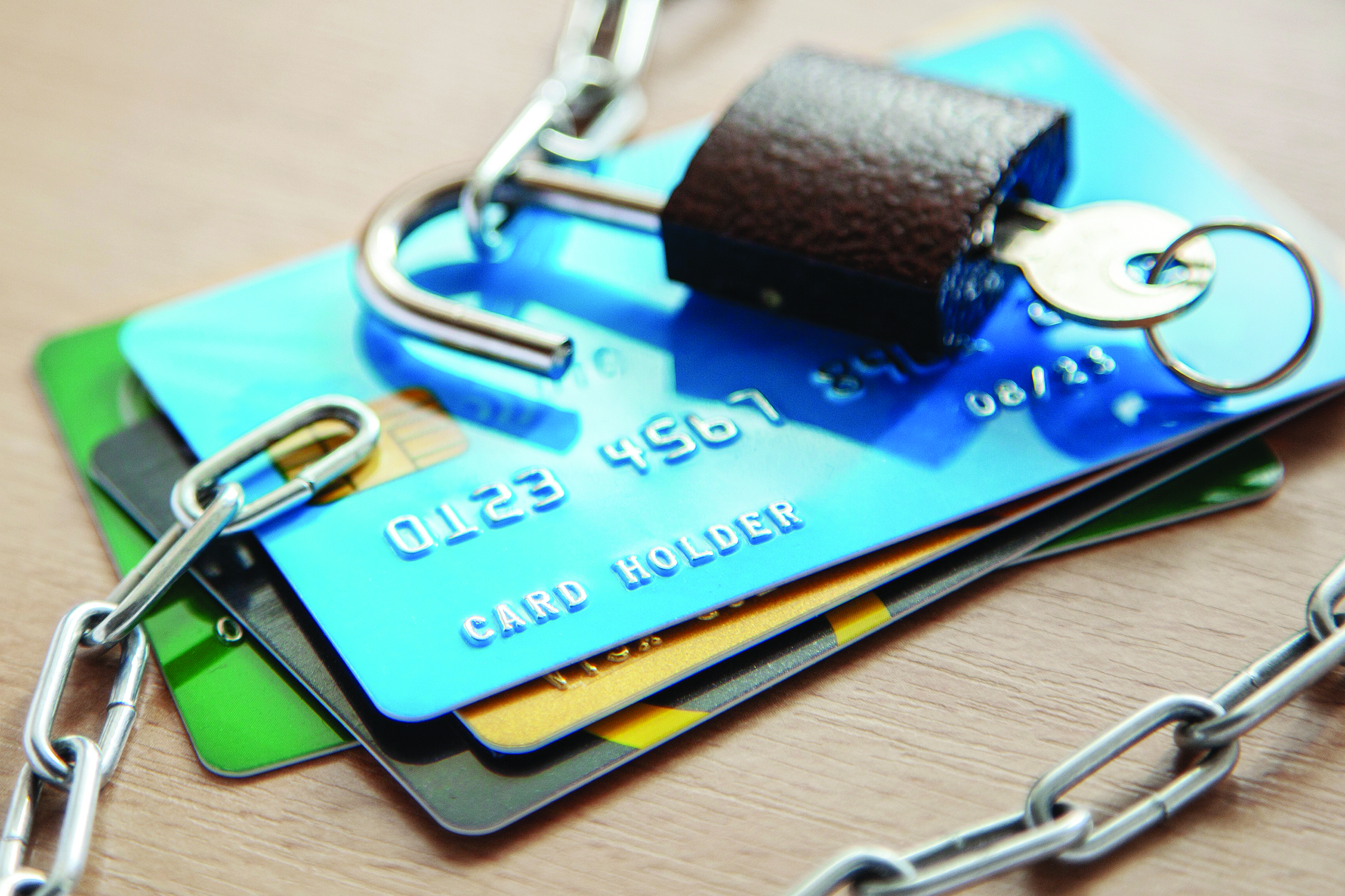When it comes to the vast world of the internet, security is priority number one, and often also a top fear, especially for the senior population. However, during these days of the novel coronavirus, ordering and working online is an essential for most everyone, so it's important now more than ever to be sure your personal information remains safe and secure. With this in mind, the professionals at SouthEast Bank are working to help seniors, and the community at large, to keep in mind some key points to be sure their identities and banking information remains intact:
1. Be extra cautious of emails from unknown senders: Phishing scams often try to fool people into clicking links, opening attachments, entering information, or otherwise responding to illegitimate emails. If you're unsure of who an email is from or something feels "off" about it, the best practice is to avoid responding or clicking any links. Even if the email looks legitimate, it's better to be safe than sorry. If the email has a lot of typos or claims to be from one person but the address doesn't match up, that's usually a good indication you should send it to the trash. Another good practice is hovering over hyperlinks to see what site they actually go to - if it's unfamiliar or doesn't match what the email says, you can assume the message is fraudulent.
2. Protect your devices: Keep your computer, phone, and any other device you may use up-to-date. Always make sure the newest versions of cybersecurity software are running, along with current internet browsers and operating systems. If you can afford it, look into purchasing antivirus or anti-malware software for added protection.
3. Be creative with passwords: The more complex a password is, the harder it is for someone to figure it out. This may seem like common sense, but people often go for simpler passwords because they think they may not remember longer ones. If you use the same password for every website, it might be easier for cybercriminals to hack your accounts. When one password is released, like in the event of a breach, all your matching passwords are also compromised. You can use Safari- or Google-suggested passwords or a password manager if you need help creating and remembering a lot of different and complicated passwords.
4. Keep what you share on social media selective. You may think you only need to be selective when sharing private information, such as passwords, banking information, Social Security numbers, addresses, etc. But criminals can use even the most unlikely details to target you. So, when you're using social media to connect with family and friends and share details, whether it's your birthday, favorite cafe, or something else, that information can be used against you. It's generally better to be safe than sorry when it comes to sharing information, even on a private social media account.
5. Watch out for specific COVID-19 scammers: Scammers are using spoof emails to look like they are from credible and authoritative organizations like the CDC, WHO, or Human Resources from employers. However, like any phishing email, they all contain links or attachments trying to get you to click and give your personal data. By hovering your mouse over the links, you can see the address and the lead do not match up, and it's therefore, fraudulent.
6. Be careful using public Wi-Fi. While we're all social distancing right now, public Wi-Fi is still something to keep in mind if you're just sitting in your car waiting for a grocery pickup or when things go back to normal. When you're in a restaurant, coffee shop, hotel, or another public place, make sure you confirm with an employee before connecting to the Wi-Fi network. Phishers may create fake networks under the establishments' names in order to lure in victims, so it's vital to ensure you connect to a legitimate network. When you do connect to public Wi-Fi, don't complete tasks that require sensitive information like passwords and banking accounts or credit card numbers. If you're in public and absolutely need to handle something sensitive online, use your phone's personal hotspot instead of free Wi-Fi. When you're banking or shopping online, make sure you're using a site you trust, and look for the "https://" code to ensure the site uses a secure encrypted connection.
When it comes to keeping your finances secure, SouthEast Verifi from SouthEast Bank will monitor your debit card purchases 24/7. If your debit card is used for a transaction which shares characteristics commonly associated with unauthorized purchases, the purchase will be declined and they'll contact you by either phone or text message notification*. Additionally, If you report the transaction as unauthorized, they will disable your current card in an effort to prevent additional fraudulent activity from occurring. SouthEast Verifi is free and is automatically included with SouthEast Bank checking accounts with debit cards.SouthEast Bank customers should keep in mind that while they may contact you by phone, text, or email, they will never initiate communication by asking for account numbers, PIN, passwords, or other personal information. If you are uncertain about the source of anyone claiming to represent SouthEast Bank, you should call 1-844-SEBANKS. The sooner you report suspicious activity, the sooner SouthEast can help protect you and other customers. To learn more about SouthEast Bank, and their Chattanooga-area branches, contact them at 1-844-732-2657. SouthEast Bank is Member FDIC.
* Standard text messaging rates may apply.

